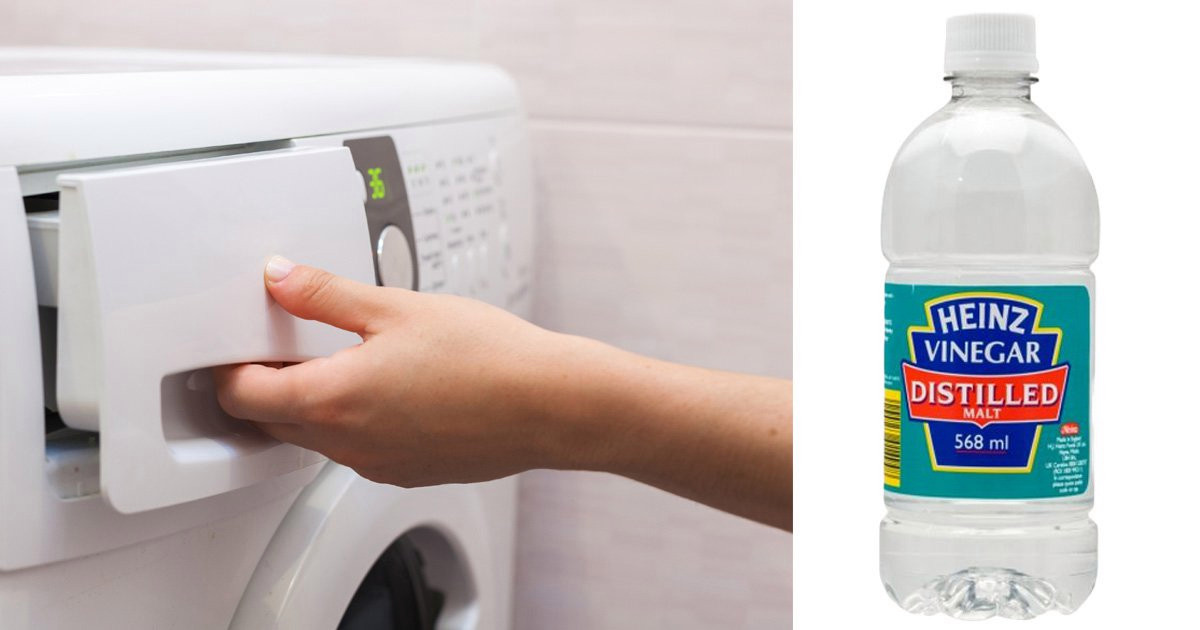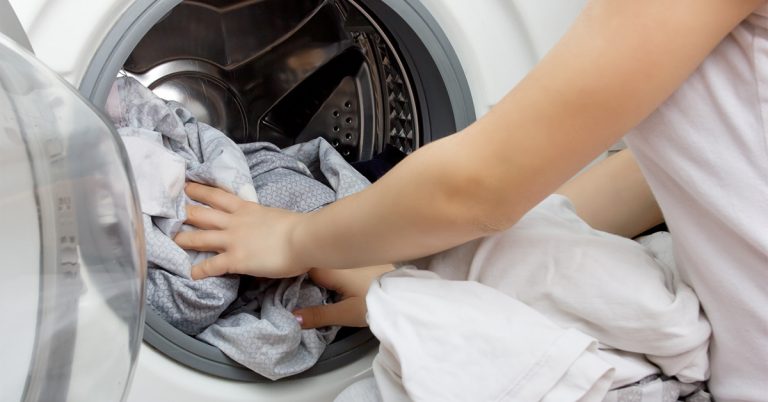Cleanliness is one of the things which we do daily. Whether it is your house or your office, every place needs cleaning regularly. This way we can make our homes and offices neat and clean. Clean surroundings have a positive impact on ourselves.
It brings positivity and reproductive aura into our minds. Imagine going to work, and you see all the things just lying here and there covered in dust, and somehow you came out of your office after your work, and when you enter your home, the same scenario is here also.
What will be your reaction? Are you going to be cheerful or mad? You are not going to give a bright smile to your family members. This proves that cleanliness is related to our mindset and impacts our mood, as well.
Whether it is laundry, dishwashing, or regular cleaning of your house, it requires time, effort, and some other substances needed as well. Laundry is done with the help of detergents, and the dishwasher needs liquid dishwashing detergents while regular cleaning of homes requires phenyl and phenyl like substance to make our house clean and disease-free.
But do all these chemicals have positive impacts only? Is there something like a standard dose for their compounds, which we should use? We are going to answer all these kinds of questions. Specially Vinegar, as Vinegar, is the most used chemical for cleaning whether it is dishwasher, washing machine, or just mopping.
Why People are Obsessed with Vinegar When it Comes to Cleanings

Ever wondered why Vinegar is so common when we think about cleaning agents. You may also have Vinegar in your homes for cleaning. People use it more often in the washing machine and dishwasher. But why? What makes Vinegar so multitasking?
Vinegar is a mixture of acetic acid, water, and some other flavoring or fragrance agents. Depending on the concentration or amount of acetic acid present in a vinegar bottle, Vinegar changes its role in cleaning processes. It can be used as herbicides, in the laundry, dishwashing, surface cleaning, and many more.
No products found.
It is not something which is invented recently, and it has been in use since ancient times. People have used Vinegar and still using, which tells us how important it is. We have discussed how important it is in our lives, but we know that everything has its own merits and demerits as well. So, Vinegar also has its faults.
Yes, you heard it right, Vinegar can be harmful to you as well as for your appliances which you cleaned using Vinegar. Therefore, it is essential to use it in the proper amount and in a correct way. You cannot just take Vinegar and start cleaning. There are specific guidelines that you should follow to keep yourself and your appliances safe from any effect of Vinegar.
So, how should you use Vinegar, and how it affects your appliances? Do not worry, and we will tell you how you should use Vinegar, how it affects your washing machine, how and with whom you should never use Vinegar. Let us dive into the ideas and solutions.
How it Affects the Washing Machine
It is widespread to use Vinegar with detergents in washing machines. While cleansers remove all the dirt and stains, Vinegar helps to remove odor, helps to remove stains quickly, and makes your clothes look new and smooth.
After reading this, you may wonder or ask how then it is harmful to the washing machine. Do we know that it is best for clothes but is it safe for your washing machines? We know that washing machines have different parts inside it which are made up of different kinds of materials.
Vinegar is made up of acid, and washing machine’s pieces are made up of metals, plastic, and rubber. As we all know that acid can damage all these materials quickly, it must also harm your washing machine as well.
Most of the typical complaint is that after using Vinegar, their washing machines rubber got damaged. Other people also have additional charges as well like, the interior of their washing machine is destroyed and begins withering off.
It has a positive impact on clothes for sure, but one thing we should know that it is not just clothes which meet Vinegar, washing machine’s parts also do. Therefore, when you did laundry, some residue of Vinegar stays inside of your washing machine, which then slowly begins to tear up and corrode the parts.
When you use the washing machine again, the older residues clean out, but still, some of the Vinegar stays at the surfaces and rubber parts as well, which also begin the task of corrosion. Over time, the corrosion becomes noticeable, and if it remains unnoticed, then it will become even worse.
This same thing happens with other appliances as well. Whether it is dishwasher or marbles, they all corrode over time. Vinegar affects them all, and if you do not notice, then it will become more and more harmful as well.
How to Reduce the Harmful Effect of Vinegar
What matters here is the concentration of acetic acid present in your vinegar bottle. The higher the level of Vinegar more will be its corrosion ability. Therefore, before using Vinegar, make sure it has the required amount of acid in it and be sure that it is not going to affect you and your appliances as well.
What you can do as your part is that you should follow the requested guidelines. There are specific guidelines for every device which tell you about how they should be used and how they can get damage.
A similar thing is with Vinegar as well. Vinegar bottle has all the details you should know. What types of appliances you can clean with it, and how much of it is safe, and how much is not?
Therefore, read all the user manual carefully and take it seriously as well. Following the guidelines will make your appliances more durable and healthier for a long time. You should also care for yourself as well. Vinegar can also affect your health.
Deadly Combination
Never use Vinegar with bleach. They are the two most used cleaning agents present in almost every house. If used alone, then they can do magic for you. Bleach can give you a shining and bright look while Vinegar will provide you with odor-free, stain removal, and deodorizing powers.
What about mixing both? We can get the characteristics of both in a single solution, and that solution will be so fantastic for cleaning. It seems reasonable. No. For god’s sake, never mixed them.
Both are perfect only when used alone. When we mix them, a chemical reaction occurs, which creates hazardous chemicals that can be deadly and have the potential to take anyone’s life as well.
Talking about its chemistry, an essential ingredient of chlorine bleach is the alkaline sodium hypochlorite, and we all know that Vinegar has acid (acetic acid). So, whenever an acid meets alkaline or necessary sodium hypochlorite, it reacts to form hypochlorous acid, which produces chlorine gas, and it comes into the air.
This chlorine gas is very harmful to us. It looks yellowish-green in large amounts, but in small quantities, it is colorless and gives a pungent smell. Therefore, never mix chlorine bleach with Vinegar. Do not even use them one after another. As some of the amounts may reside in your appliances and when you use the other one, then it can react then as well. Therefore, be very careful when using them.
Is There any Alternative for Vinegar?
If we talk in general, then you do not have to look for alternatives to Vinegar. Vinegar in the laundry is something ubiquitous, and it is not so dangerous that you must look for a choice of it and use another cleaning agent for washing rather than Vinegar in the laundry.
What you must take care of is the required amount, which should be applied. How much is the amount necessary, or how to know the essential Vinegar for laundry? The answer lies in the sheet of paper which we generally throw away.
No products found.
Yes, the answer lies in the user manual. If you want to know the required amount of Vinegar for your appliances, then you can get it from their user manuals or guide, but if you’re going to use Vinegar as such, then the required or guided amount can be seen at the labels of your vinegar bottle.
But, if you still want to know the alternatives of Vinegar, then the best one is baking soda. This is simple, does not have many side effects; its residue is not harmful; it is easy to wash off, does not have adverse effects on you as well as on your appliances.
Another alternative which is very efficient and does not have any side effects is deionized water with a simple microfiber mop. Yes, it can clean very brilliantly, and in many places, it is used as a disinfectant as well. It can be used anywhere, whether it is wood or vinyl floors.
It may not be so tough on stains, but it can clean the surface easily if the stain is not the problem. Other alternatives you can use on any surfaces are neutral pH solutions. They will not degrade your cover and will also clean them effectively.
Therefore, rather than using chemicals that have the potential to corrode any surfaces, the use of neutral pH solutions will be very beneficial. Vinegar in the laundry is helpful, but make sure to clean up the washing machine carefully so that it can be safe from the residue of Vinegar.

